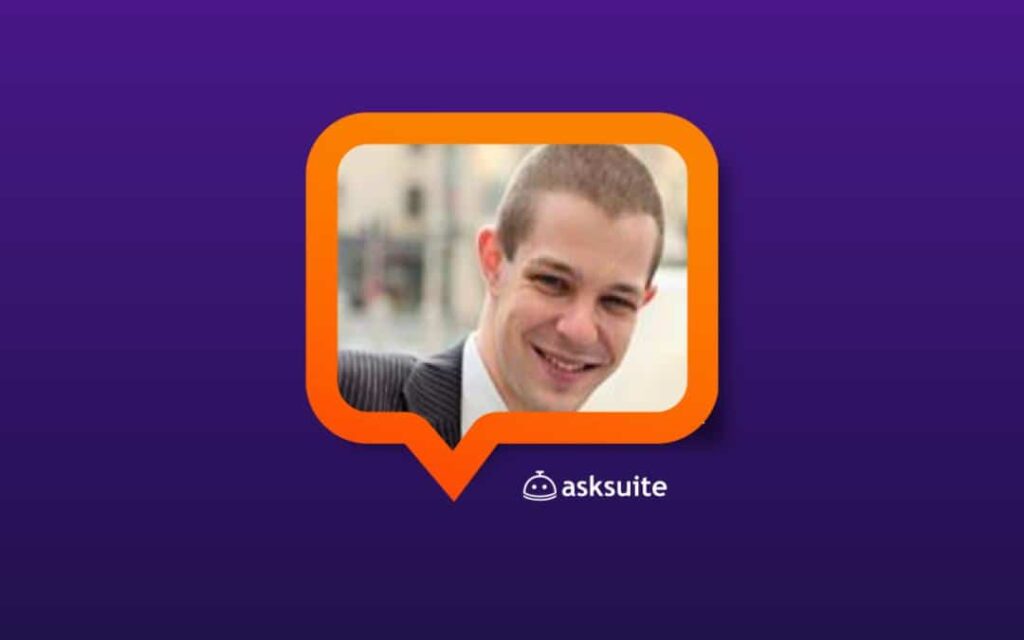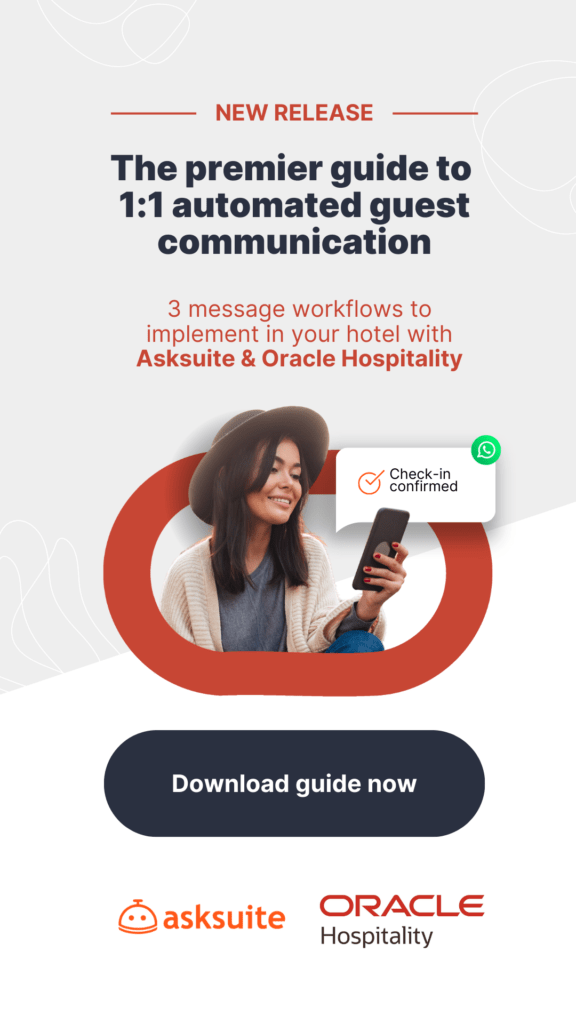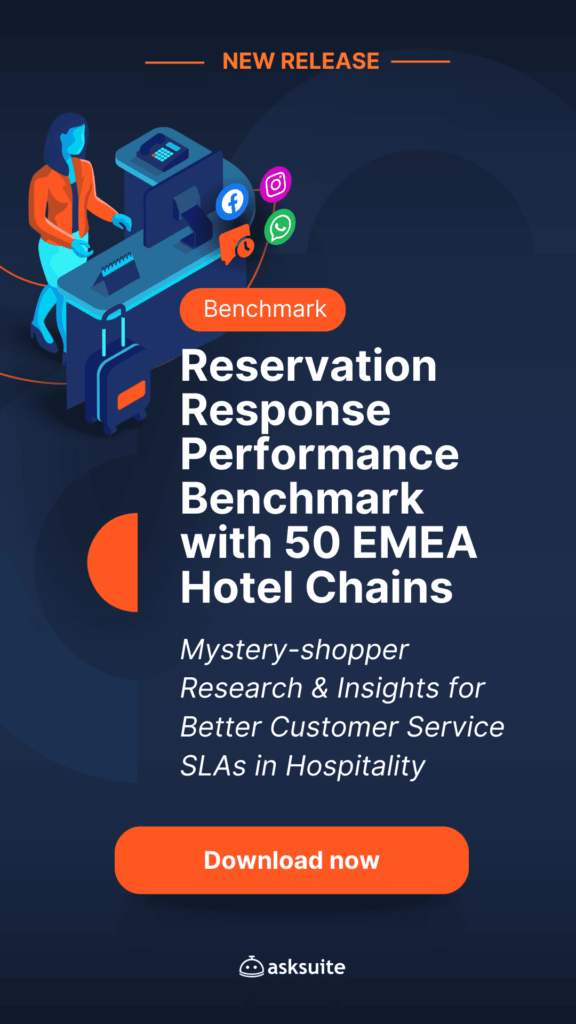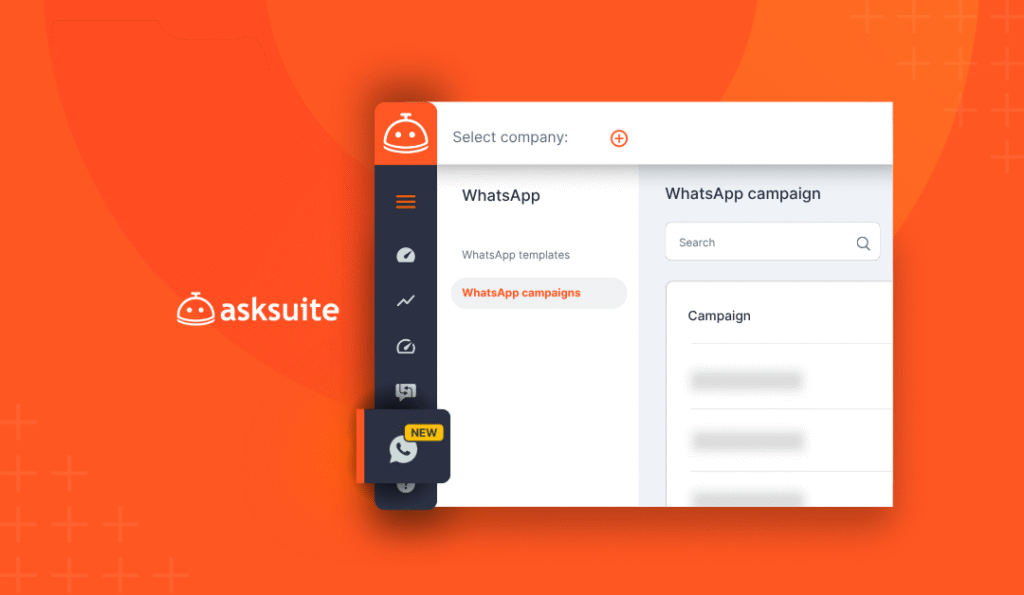Traditional to its core, the hotel industry might be missing opportunities to increase productivity and revenue by rethinking processes.

In this episode of Ask & Talk, we chat with Christoph Hütter, a “non-traditional revenue manager” who helps hotels grow their business and gain a competitive advantage by using Revenue Management combined with Process Improvement.
With many years of experience in the hotel industry working in different sectors, Christoph Hütter explains the importance of the revenue culture inside of the hotel and how automation can be a much needed helping hand in the hotelier’s routine.
He even shares with us the best practices in Revenue Management, his area of expertise, to help hoteliers increase profitability and productivity. You don’t want to miss that!
1. You defined yourself as a “process improvement enthusiast” and a “non -traditional revenue manager”. What exactly does it mean?
C: The term non-traditional Revenue Manager was framed by a former GM of mine, who described me this way in an interview once. And it stuck with me because I see Revenue Management as far greater than simply managing pricing and inventory.
It was always clear to me, that cost significantly impacts profitability and while it may be obvious, it is not often practiced within the hospitality industry. An example is the main KPIs like ADR or RevPAR which do not take cost into consideration at all.
One of the main cost drivers in our industry is the labor cost of course. By optimizing our processes, improving the way how we work, we can redirect resources to where they have a bigger impact.
I would like to clarify that this does not mean laying off people. On the contrary.
Improving processes will allow us to dedicate more time to customer service which in turn will increase customer satisfaction which again will translate back into higher ADR. And this we can then invest back into the business, improving product and service levels and driving profitability upwards.

This approach will be increasingly important in times of economic downturn. So, it is crucial for hotels to get ready now before this development starts. I learned that during the last economic crisis back in 2009 and this has stayed with me ever since.
2. Often hotel staff states that productivity is an issue, but they rarely know exactly how much time they waste doing repetitive and mechanical tasks. How can hotels measure productivity?
C: I don’t think hoteliers are aware of the risk a lack of productivity means for their hotel. A lot of it comes from the way hotels are structured. A front desk that operates 24/7 does not need to worry about many aspects of productivity. There is always someone there who can take over tasks, even if it is the next shift.
And of course, legacy technology does not help. Many things that should be automated are still carried out manually. From reporting to credit card processing to reservation entry.
I am a nerd with numbers and I started tracking my own productivity. I developed a tool to do this myself. There is, of course, hotel-specific software available for measuring productivity cross-department but I decided to start with my own department.
And I was shocked by how much time I had to spend on certain, repetitive tasks. Reporting being one of them.
To improve this, I automated tasks and streamlined my processes. Consequently, I increased my own productivity by 15 percent. That’s 33 days per year. 33 days I could spend improving strategy, analyzing my competitors and finding ways to beat them.
This was a huge competitive advantage for my hotel and a real eye-opener for me.
3. What role does technology play in productivity and how can it increase productivity in the hotel industry? Do you have your favorite tech tools?
C: Whenever we do something more than once, there is potential for automation.
In the early days of my career, when I worked as a reservation agent, I noticed that guest requests were always the same. They wanted to know about pricing, check-in or check-out times, how to get to the hotel, how much the parking would cost, etc.
I was stunned by how many of my colleagues would type out the same answer 100 times a day. So of course, they took shortcuts, it didn’t look nice and there were typos and many other mistakes.
I prepared myself templates which I could simply insert into my emails. Not only was I much faster this way, but the quality of my responses was also much higher. And best of all, I was able to respond in French! (I spoke and read French but at the time was not yet able to write it so templates helped me overcome this challenge easily.)
The role of technology is to support us in carrying out our tasks effectively and reduce potential errors.
As a Revenue Manager, I use Excel a lot. VBA, Excel’s programming language, allows me to automate much of the everyday work. And I am able to run certain analyses far more thoroughly than I could otherwise.
It’s surprising how powerful Excel is still today and how many issues of hotels it can positively address and help hoteliers in improving their workflows.
4 – In what way productivity can boost hotel revenue?
C: If we want to boost revenue, we need to be more competitive. This means we need to offer a better customer experience than our competitors do.
By not wasting time on repetitive tasks, we can put the guest front and center and provide better customer service. This will lead to better reviews and inevitably translate back into higher revenue.
5 – Do you consider hoteliers in general data-oriented? What data are vital for the hotel business?
C: Hoteliers are absolutely data-oriented. But the question is more, are they looking at the right data? And in my experience, this is oftentimes not the case.
I have seen many stunned faces when I present hotels with data they always had and never really looked at or looked at from different angles.
Data can very quickly uncover huge potential in boosting revenue. It allows us to redirect resources to where they have the biggest impact on our business.
Hotels need to look beyond room nights and ADR by market segment but understand demand, booking and cancellation patterns. Recognizing patterns allows to improve revenue strategy and really drive the business to a new level.
6 – In what way can hotels rethink processes?
C: Start simple. Look at every task you do. And then think of how this benefits the business. If there is no benefit, maybe it can be removed or reduced. And if there is a benefit, how can the task be simplified so there are fewer potential errors.
Errors cost huge amounts of money. We need to make sure to reduce this. This is where generally department heads need to increase their efforts. Less administration and more management. Improving the business.
And, of course, we really need to think about automation.

How can we use technology so we can focus on the guest?
If I need to spend my time entering reservations and writing emails, will I be able to upsell? Probably not. So how can I free up my time in order to do upselling?
These are the questions we need to answer. Unfortunately, many hotels operate at minimum staff levels where nobody has the time to ask these questions.
But this also means there is a competitive advantage for all those hotels which ask these questions.
7. Tell us about the Revenue Management culture that is part of the training you give to hotel teams. What does it mean?
C: Revenue Management needs to be at the center of all operations in the hotel. And all staff, from reservations to the front desk and housekeeping need to be aware of it. They need to understand the importance of Revenue Management and why we do it.
For me, Revenue Management closely integrates with process improvement and customer service. We need to strengthen these connections and bring the team on board for this.
Everyone within the organization has an impactful role.
And everyone needs to understand that it is their responsibility to improve the organization.
One does not need to have a title or a certain position to do so. The best ideas are always from front-line staff. People who understand the specifics of the hotel and its guests. We need to build a culture where we can utilize this.
At one hotel I worked with, I introduced upselling at the front desk. There was one front desk agent who was so excited about this idea that this became a real driver for the department.
The upsell revenue they generate today pays for nearly two salaries.
8. What are the differences between revenue management in small and in large hotels?
C: The practical differences will be resources. Larger operations, big chains, will have dedicated staff and sophisticated technology. The main advantage, however, will be know-how.
Smaller and independent hotels have a huge competitive advantage though and this is agility. They can respond more quickly and easily to changes in the market. There are no seventeen corporate layers to get to a decision.
This speed advantage is invaluable.
Fortunately, technology has become very affordable and there really is no reason not to invest here as ROI is typically very quick. SAS pricing models also make it easier for hotels as no major capital investment is necessary anymore.
Know-how is also readily available and smaller hotels can work with independent consultants to address the knowledge gap. The impact of this can be so significant that many hotels will be able to dedicate someone to Revenue Management in-house.
9. Finally, do you have any productivity tips? Any ritual or special organization that helps you?
C: One of the first and most effective recommendations I give to hotels is to add a second screen to all their computers. The productivity increase which can be expected, especially for departments like reservations, sales and revenue management, of course, is around 16 to 20 percent. Adding a second screen is very cost-effective and the results are almost instantly visible. (and anyone who has ever worked with two screens can never go back ?)
Another suggestion I have is to automate. Hotels have a large number of reports and oftentimes, those are put together manually, aggregating data from different data sources like PMS, Google Analytics, accounting system, etc. All this should be automated.
Every hotel should do a productivity audit. Ideally with help from someone from outside of the organization who can objectively look at the different processes and provide insights into how to streamline and improve.
More than anything, we need to be aware of the importance of productivity. Because the most important thing is for us to focus our attention on providing an outstanding guest experience.
Good and fast service can also boost your hotel revenue. Talk to one of our specialists to learn how our chatbot can increase your direct bookings!






